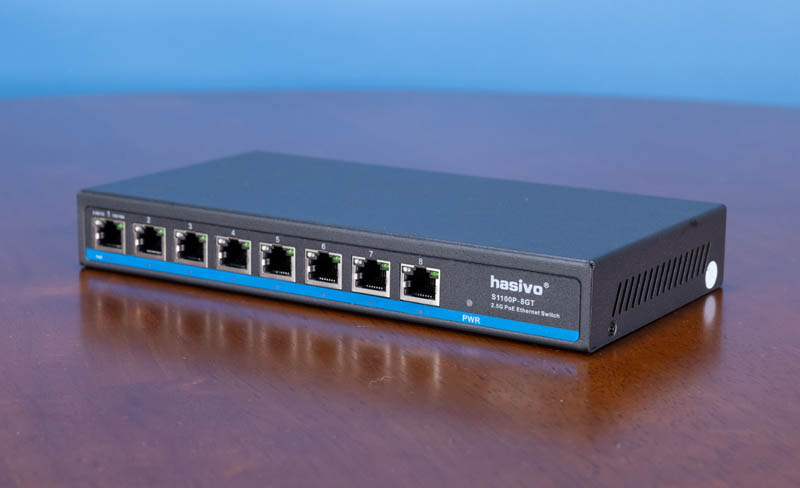I happen to know for a fact that in 99.999999% of cases, 50-150 is fine depending on household. I moved into a place just 2 years ago that has 20Mbps shared among 3 people. It was fine. You could notice the little extra split second.... at most.... that websites will take to load. My brother has a 50 Mb connection. They have 4K streaming with 3 people in that house. One is streaming 4K Netflix, the others are browsing and/or watching YouTube. and/or gaming. No lag. It works fine. As far as AAA games go. It's a matter of patience. You can download a AAA game on dialup. You can download a AAA game on 10G fiber. In both cases, you're waiting. The sky is the limit with downloading. Keep in mind, you download a AAA game once, and it's there forever. It's on your hard drive. Are you buying scores of AAA games everyday and downloading them all onto a 400TB RAID farm? Keep in mind, I am talking about normal, average households. Go around the country, knock on the front door of 10,000 CONPLETELY RANDOM residential houses. Ask what they do with their internet on a daily basis. I bet 200 of them will need more than 50Mbps and 5 of them will need more than 150Mbps.



